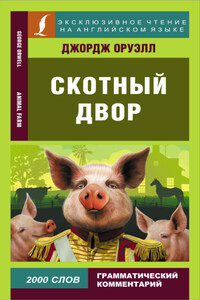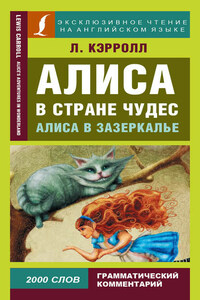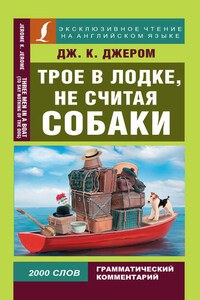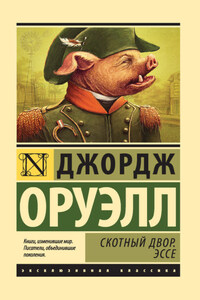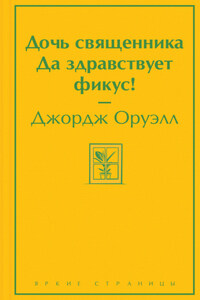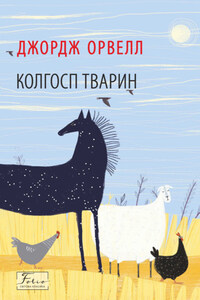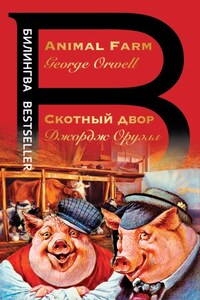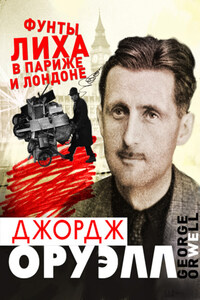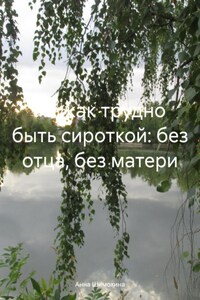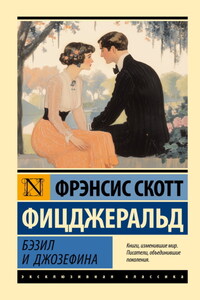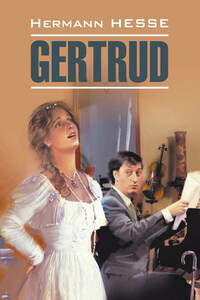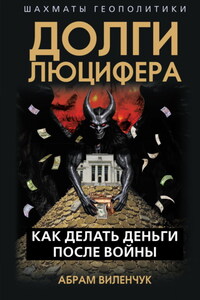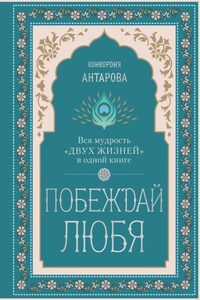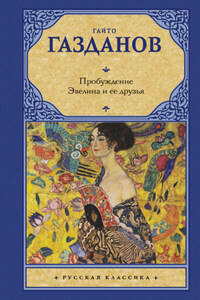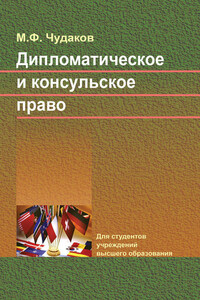Mr. Jones, of the Manor Farm[1], locked the hen-houses for the night. But he was too drunk to remember to shut the pop-holes[2]. He drew himself a last glass of beer from the barrel in the scullery, and made his way up to bed, where Mrs. Jones was already snoring.
As soon as the light in the bedroom went out there was a fluttering all through the farm buildings. They said during the day that old Major, the prize boar, had a strange dream and wished to communicate it to the other animals. The animals will all meet in the big barn as soon as Mr. Jones is gone. Old Major (so he was always called, though his name was Willingdon Beauty) was so highly regarded on the farm that everyone was quite ready to lose an hour’s sleep in order to listen to him.
At one end of the big barn, on a raised platform, Major was already ensconced on his bed of straw, under a lantern which hung from a beam. He was twelve years old and was stout, but he was still a majestic-looking pig, with a wise and benevolent appearance in spite of his tushes[3]. Soon the other animals began to arrive and make themselves comfortable. First came the three dogs, Bluebell, Jessie, and Pincher, and then the pigs, who settled down in the straw immediately in front of the platform. The hens perched themselves on the window-sills, the pigeons fluttered up to the rafters, the sheep and cows lay down behind the pigs and began to chew the cud.
The two cart-horses, Boxer and Clover, came in together, walking very slowly and setting down their vast hairy hoofs with great care. Clover was a stout motherly mare. Boxer was an enormous beast, nearly eighteen hands high, and as strong as two ordinary horses. A white stripe down his nose gave him a stupid appearance, and in fact he was not very intelligent. But he was universally respected for his steadiness of character and tremendous powers of work.
After the horses came Muriel, the white goat, and Benjamin, the donkey. Benjamin was the oldest animal on the farm, and the worst tempered. He seldom talked, and when he did, it was usually to make some cynical remark. For instance, he said:
«God gave him a tail to keep the flies off, but I prefer to have no tail and no flies».
Among the animals on the farm he never laughed. He said he saw nothing to laugh at. Nevertheless, he was devoted to Boxer. They usually spent their Sundays together in the small paddock beyond the orchard, grazing side by side and never speaking.
The two horses lay down when a brood of ducklings, which lost their mother, filed into the barn, cheeping feebly and wandering from side to side to find some place. Clover made a sort of wall round them with her great foreleg, and the ducklings nestled down inside it and promptly fell asleep.
At the last moment Mollie, the foolish, pretty white mare who drew Mr. Jones’s trap, came daintily in, chewing at a lump of sugar. She took a place near the front and began flirting her white mane, hoping to draw attention to her red ribbons.
Last of all came the cat, who looked round, as usual, for the warmest place, and finally squeezed herself in between Boxer and Clover. There she purred contentedly throughout Major’s speech without listening to a word of what he was saying.
All the animals were now present except Moses, the tame raven, who slept on a perch behind the back door. When Major saw that they all made themselves comfortable and were waiting attentively, he cleared his throat and began:
«Comrades, you heard already about the strange dream that I had last night. But I will come to the dream later. I have something else to say first. I do not think, comrades, that I shall be with you for many months longer. Before I die, I feel it my duty to pass on to you such wisdom as I have acquired. I have had a long life, I have had much time for thought as I lay alone in my stall, and I think I may say that I understand the nature of life on this earth as well as any animal now living. It is about this that I wish to speak to you.
Now, comrades, what is the nature of this life of ours? Let us face it: our lives are miserable, laborious, and short. We are born, they give us food just to keep the breath in our bodies. Those of us who are capable of it must to work to the last atom of our strength. The very instant that our usefulness has come to an end they slaughter us with hideous cruelty. No animal in England knows the meaning of happiness or leisure after he is a year old. No animal in England is free. The life of an animal is misery and slavery: that is the plain truth.
But is this simply part of the order of nature? Is it because this land of ours is so poor that it cannot afford a decent life to those who dwell upon it? No, comrades, a thousand times no! The soil of England is fertile, its climate is good, it is capable of affording food in abundance to an enormously greater number of animals than now inhabit it. This single farm of ours can support a dozen horses, twenty cows, hundreds of sheep – and all of them can live in a comfort and a dignity that we can’t imagine at the moment. Why then do we continue in this miserable condition? Because human beings steal nearly the whole of the produce of our labour. There, comrades, is the answer to all our problems. The key is a single word – Man. Man is the only real enemy we have. Remove Man from the scene, and the root cause of hunger and overwork is abolished for ever.
